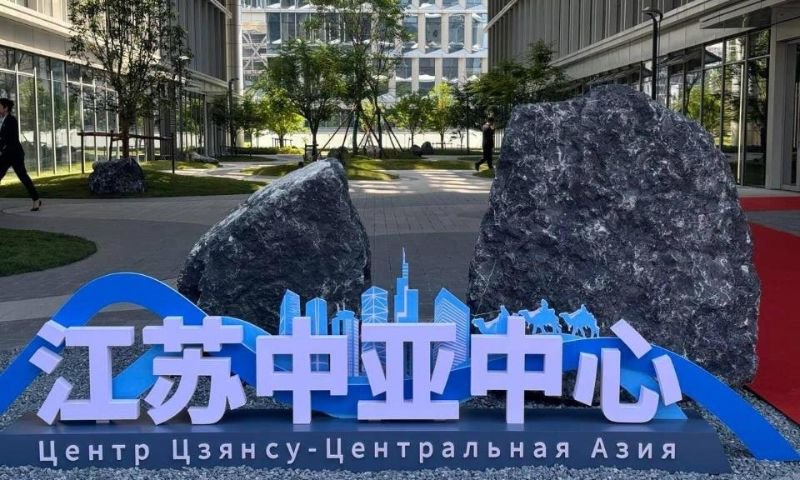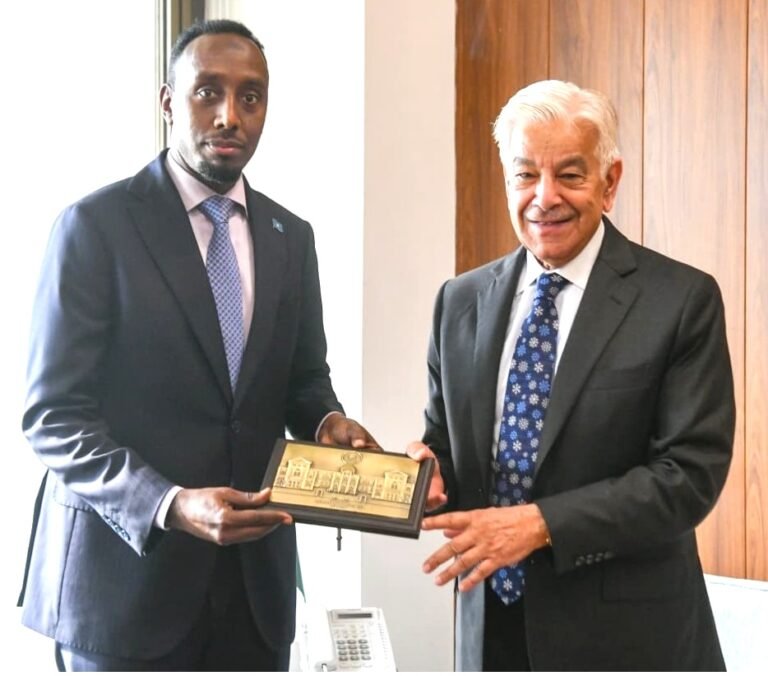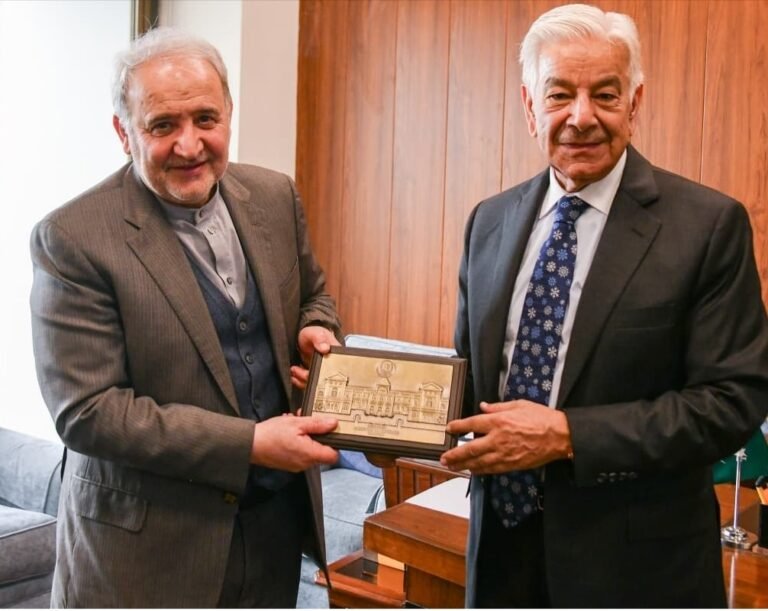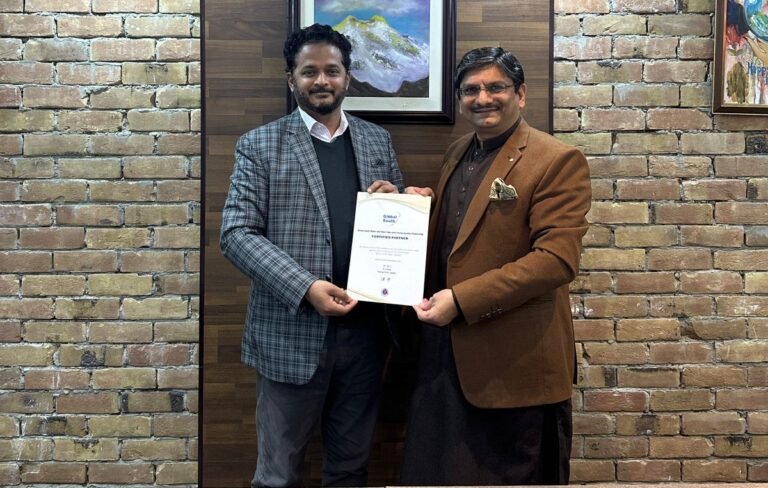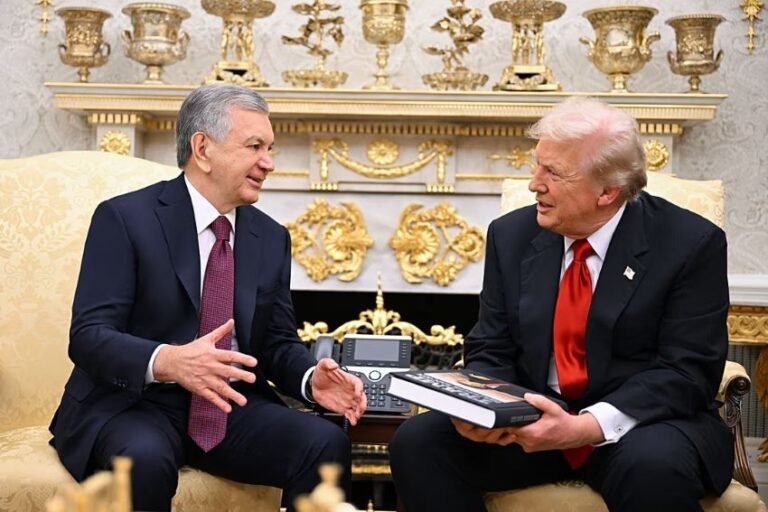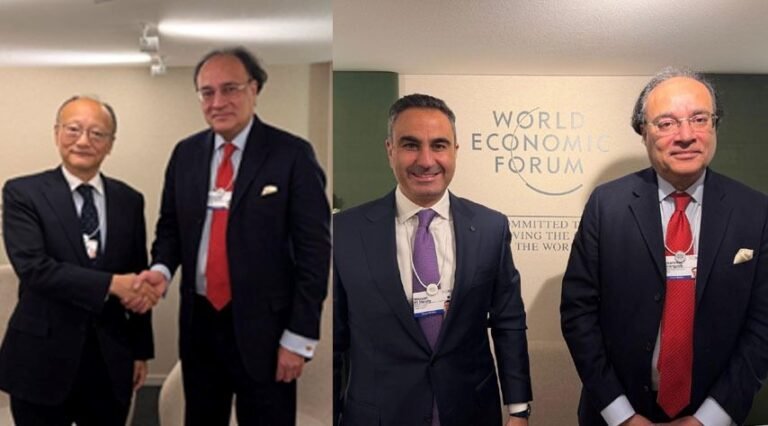Nanjing (TDI): In a significant move to boost trade ties with China, the Central Asia-Jiangsu Trade Center established in Nanjing, the capital of Jiangsu Province.
It is a comprehensive platform designed to showcase exports from Kazakhstan, Uzbekistan, Tajikistan, and Turkmenistan.
According to the Kazakh Ministry of Trade and Integration, the Trade Center’s operation in Jiangsu Province, which is renowned for its advanced infrastructure, will facilitate easier access for Central Asian nations to China’s expansive market.
Further bolstering these efforts, plans are underway to establish a similar multifunctional trade center in Astana, Kazakhstan’s capital, which will highlight goods from both Kazakhstan and China.
Official trade statistics reflect the strengthening economic relations between Kazakhstan and China.
In the first seven months of this year, bilateral trade surged by 2.8% compared to the same period last year, amounting to $16.8 billion.
Trade between Kazakhstan and Jiangsu Province specifically saw a sharp rise, increasing from $723.3 million to $1.758 billion between January and July 2024.
Kazakh Minister of Trade Arman Shakkaliyev emphasized Jiangsu’s significant import demands, stating that the province annually imports over $266 billion worth of products, mainly from the industrial and agricultural sectors.
Read Also: How the Phrase “Spirit of Central Asia” Appeared in World Political Science
China-Central Asia Ties
China and Central Asia have been strengthening their economic ties in recent years.
The region’s strategic location makes it a vital partner in China’s Belt and Road Initiative (BRI), which aims to enhance connectivity and trade across Eurasia.
Central Asian countries, including Kazakhstan, Uzbekistan, Tajikistan, and Turkmenistan, have seen increased trade and investment flows from China, driven by both energy exports and infrastructure development.
Read Also: Pakistan and Kazakhstan Join Hands to Combat Climate Change in Central Asia
Moreover, China has invested heavily in infrastructure projects across Central Asia.
These include railways, highways, and pipelines that not only facilitate trade but also bolster regional development.
The construction of these projects aligns with the goals of the BRI, aiming to improve logistics and economic integration.
Farkhund Yousafzai is an Associate Editor at The Diplomatic Insight.
- Farkhund Yousafzai
- Farkhund Yousafzai
- Farkhund Yousafzai
- Farkhund Yousafzai

